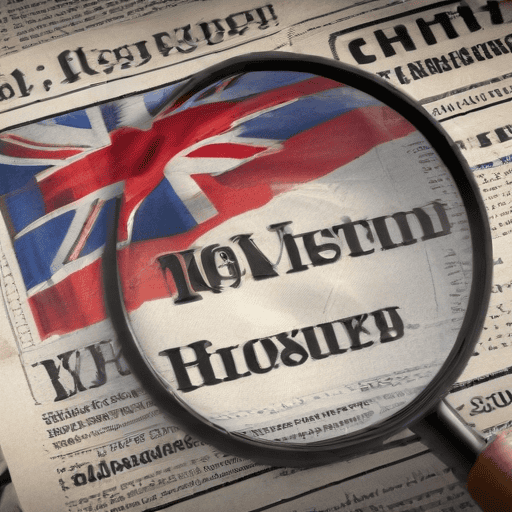Meta’s recent decision to discontinue its fact-checking program on Facebook, Instagram, and Threads has raised significant concerns related to media integrity and the accuracy of information shared across social platforms. The change, announced by founder Mark Zuckerberg, signals a shift towards a “community notes” system, which relies on users to identify inaccuracies, and mirrors similar actions taken by other social media platforms such as X, formerly Twitter.
Critics view this move as a concession to political influences, particularly in light of president-elect Donald Trump’s history with the concept of “alternative facts.” The implications for the fact-checking industry could be profound, reducing the effectiveness and reliability of systems designed to uphold journalistic standards.
Angie Drobnic Holan, director of the International Fact-Checking Network, expressed deep concern over these changes. With a growing membership that has expanded from 50 to 170 organizations since 2015, many in the fact-checking community are now facing potential layoffs or closures directly linked to Meta’s new approach. Holan noted that in the immediate future, this will likely hinder individuals seeking trustworthy information on social media.
Historically, the practice of fact-checking emerged in response to the inadequacies of “he said-she said” journalism and to hold politicians accountable for misinformation—a practice established by organizations such as FactCheck.org and PolitiFact, both of which have played critical roles in ensuring factual integrity in political discourse. PolitiFact gained recognition for its commitment to uncovering falsehoods, earning a Pulitzer Prize in 2009 but has faced increased criticism and allegations of bias, particularly from conservative circles.
Research indicates a growing skepticism among the American public regarding the reliability of fact-checkers. A 2019 study found that while a majority of Republicans believed fact-checkers lean politically biased, a similar percentage of Democrats viewed them as fair. This duality highlights the complexities of public trust in media, particularly as misinformation continues to proliferate.
As Meta transitions to a reliance on user-generated content for debunking misinformation, scholars like Kathleen Hall Jamieson emphasize the challenge remains in effectively reaching those most susceptible to false narratives. Without robust fact-checking, unfounded claims may easily gain traction, further complicating the media landscape.
The shift away from structured fact-checking could prove catastrophic for media integrity and public discourse. Yet, some voices in the media community remain hopeful. Holan noted that the responsibility may now lie with engaged users to maintain the accountability of information shared online, pointing towards a potential shift in how truth is contested in the digital arena.
In light of these dynamics, the situation calls for a renewed commitment to media literacy and ethical reporting—crucial elements in combating the growing landscape of misinformation. The discourse surrounding this issue is likely to evolve, emphasizing the vital role of responsible sharing and checking facts in the pursuit of truth.
Overall, as changes unfold in platforms like Meta, the resilience of journalistic integrity and the importance of accurate information become ever more critical—a challenge that necessitates public engagement and a community-centric approach to truth.

Leave a comment